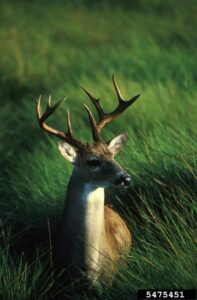
Photo credit: USDA Forest Service Southern Research Station, Bugwood.org
The Wisconsin Department of Natural Resources (DNR) is now accepting applications for Urban Wildlife Damage Abatement and Control (UWDAC) grants. UWDAC grants help urban areas develop wildlife plans, implement specific damage abatement and/or control measures for white-tailed deer and/or Canada geese.
UWDAC grants provide a 50% cost share with a maximum award of $5,000. The grant is available to any town, city, village, county or tribal government located within an urban area. Check out the complete list of eligible urban areas.
Grant eligible expenses include:
- Developing an urban wildlife population control plan
- Monitoring wildlife populations and establishing population estimates
- Removing deer using sharpshooters as part of a DNR approved project
- Trapping deer and geese
- Implementing managed hunts
- Removing resident Canada geese by approved DNR methods
- Performing required health and tissue sampling
- Processing, distributing or disposing of geese or deer to a charitable organization
- Modifying habitat
- Implementing any other wildlife control or damage abatement practices approved by the DNR
Continue reading “Urban Wildlife Damage Abatement And Control Grants”

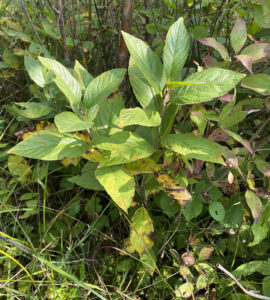
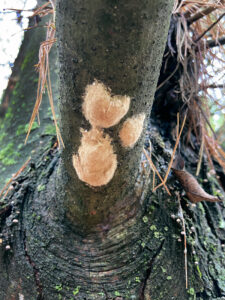
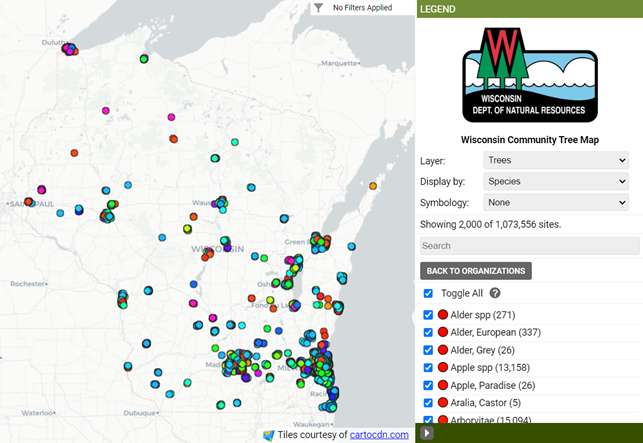 Ever since it launched in 2017, the
Ever since it launched in 2017, the 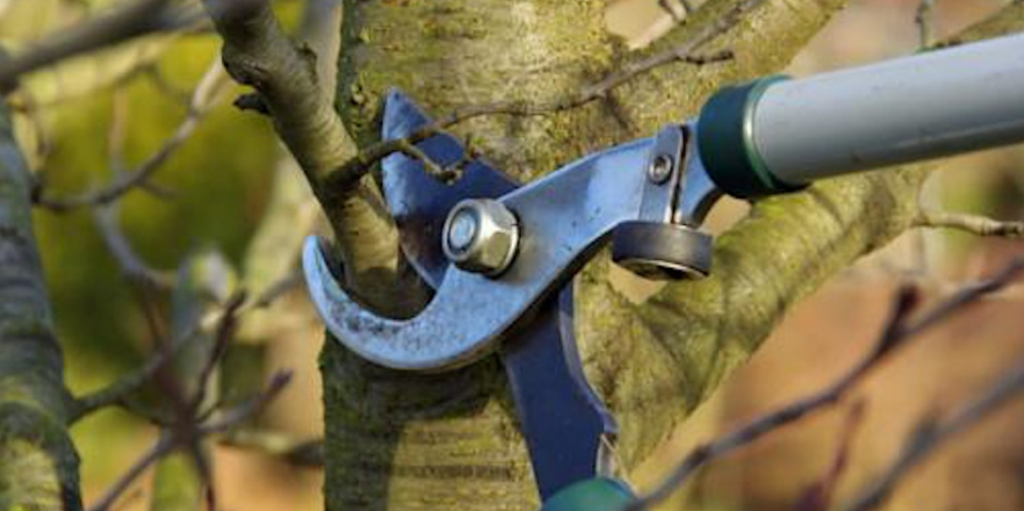 The Wisconsin Department of Natural Resources (DNR) and UW-Madison Extension have teamed up to offer young tree training pruning workshops at five locations around the state. Wachtel Tree Science will be presenting the information in a morning-indoors-afternoon-outside format. The cost is $35 including lunch, and ISA Continuing Education Units (CEUs) will be offered.
The Wisconsin Department of Natural Resources (DNR) and UW-Madison Extension have teamed up to offer young tree training pruning workshops at five locations around the state. Wachtel Tree Science will be presenting the information in a morning-indoors-afternoon-outside format. The cost is $35 including lunch, and ISA Continuing Education Units (CEUs) will be offered. 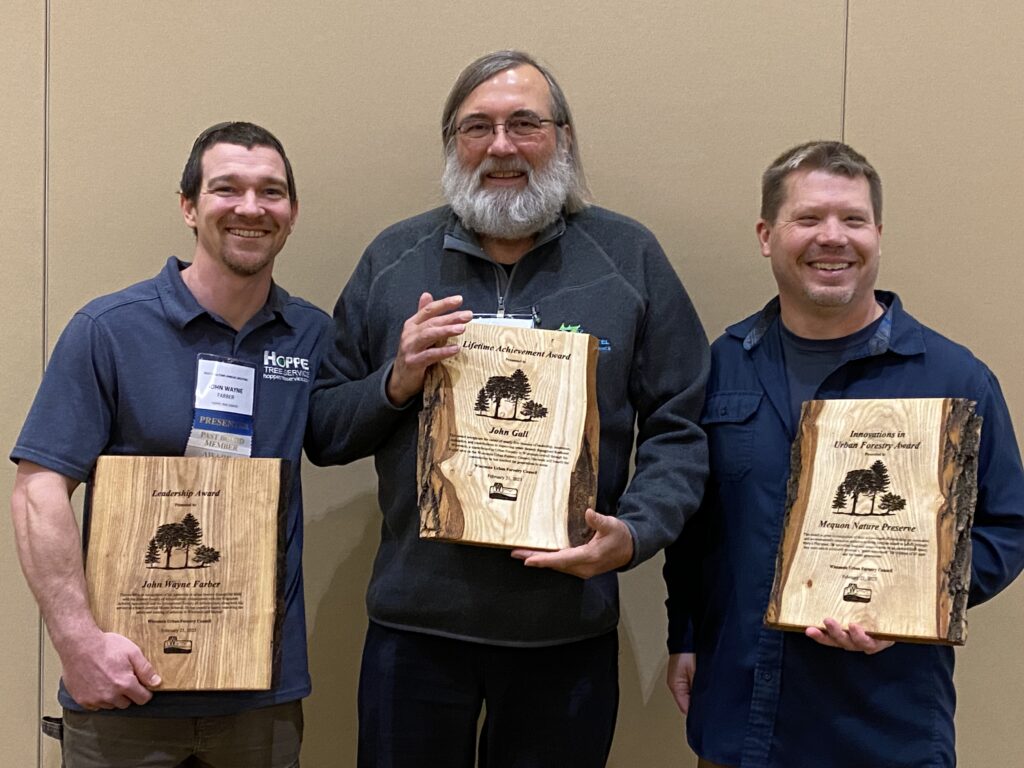
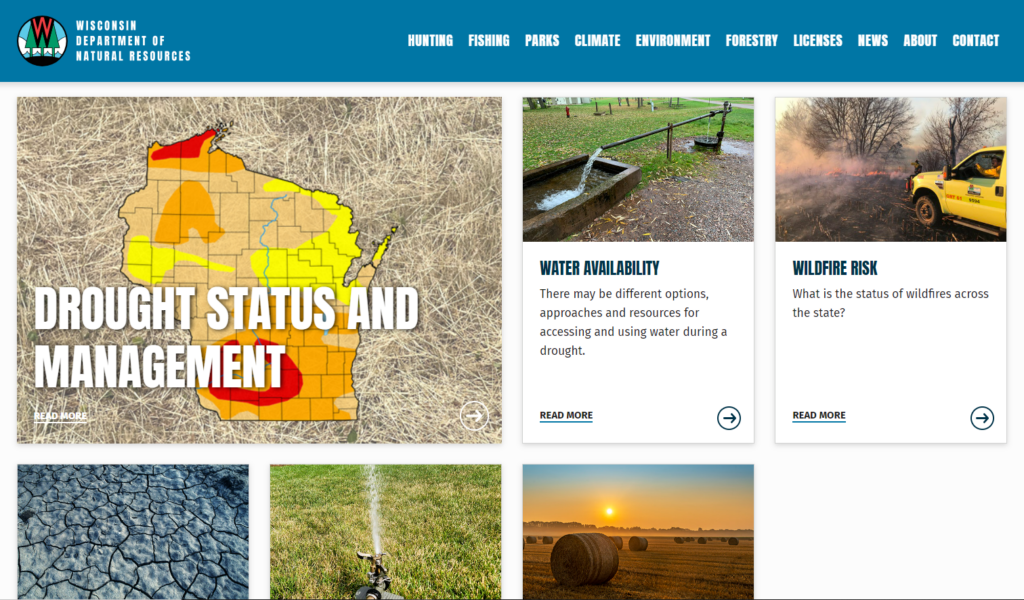 The Wisconsin Department of Natural Resources (DNR) recently launched a
The Wisconsin Department of Natural Resources (DNR) recently launched a  September is back to school month. How do you get those kids to settle down and focus after three months off? The answer is as simple as walking right outside your front door! Exposure to nature has been shown to positively impact students, from improved academic performance and focus, to reduced Attention Deficit Hyperactivity Disorder (ADHD) symptoms.
September is back to school month. How do you get those kids to settle down and focus after three months off? The answer is as simple as walking right outside your front door! Exposure to nature has been shown to positively impact students, from improved academic performance and focus, to reduced Attention Deficit Hyperactivity Disorder (ADHD) symptoms.